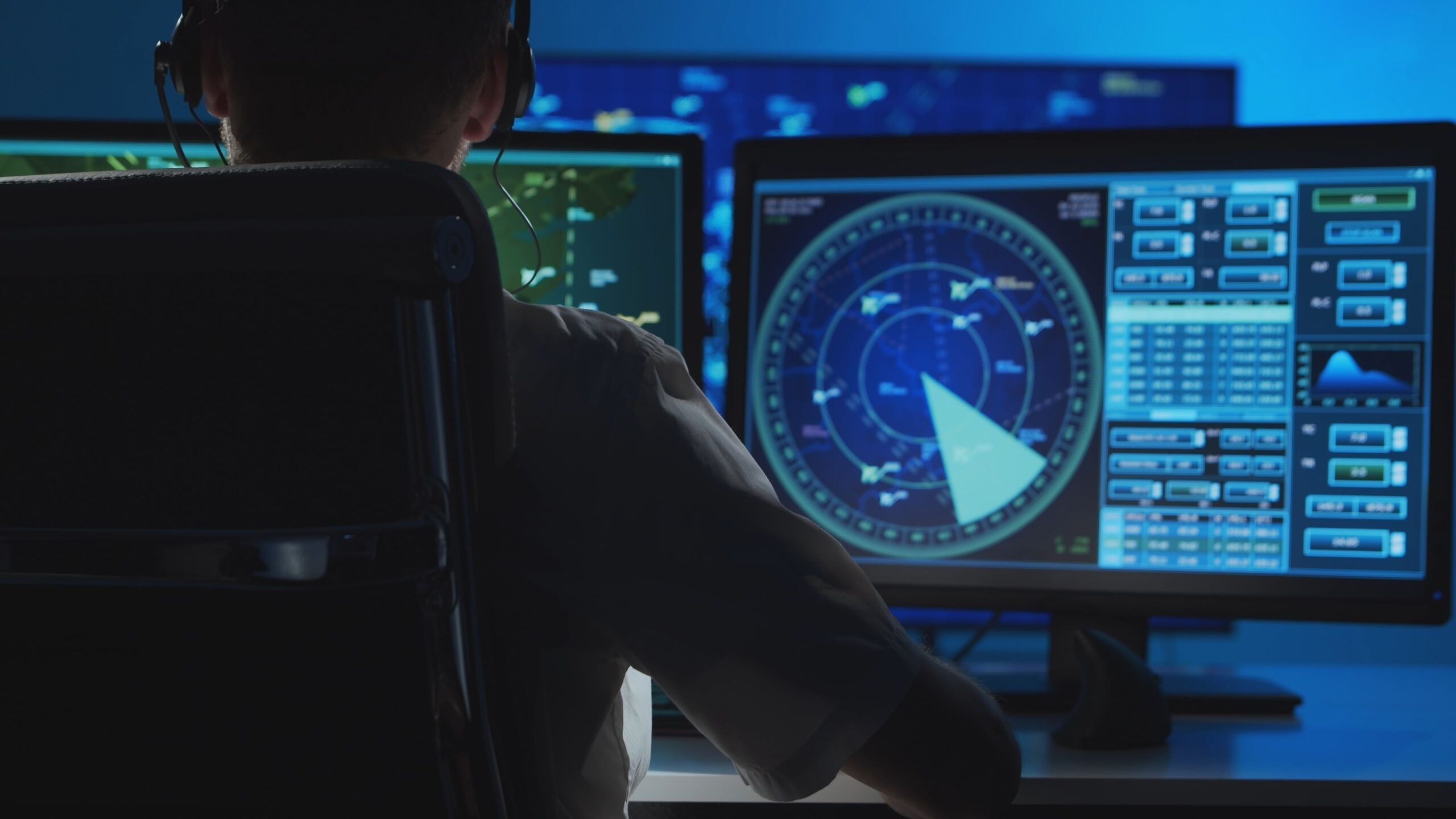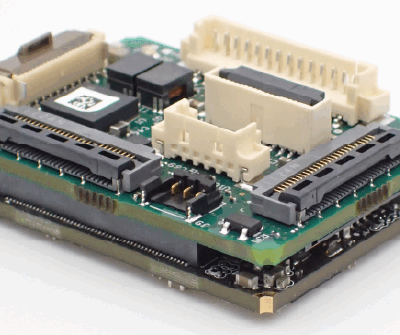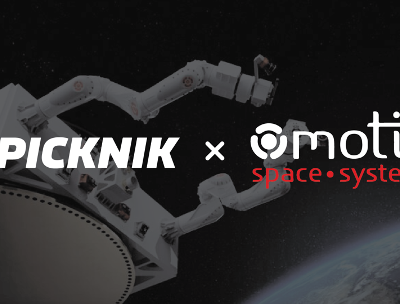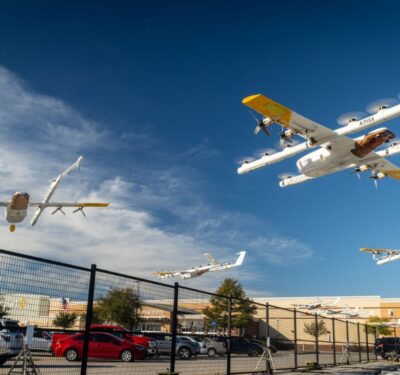ResilienX, Inc., a developer of safety assurance solutions for autonomous systems, announced it has been awarded a Phase III Small Business Innovation Research (SBIR) contract. This contract will enable ResilienX to work closely with NASA’s System-Wide Safety (SWS) project, an R&D project aimed at advancements towards the safety and resilience of future highly-autonomous aviation systems and aircraft.

The Phase III SBIR contract follows the successful completion of previous awards, where ResilienX demonstrated progress in developing in-time aviation safety management systems (IASMS) technologies to enhance the safety and reliability of uncrewed aerial systems (UAS) and advanced air mobility (AAM) operations. The collaboration with NASA’s SWS project will lead to a more mature capability by integrating NASA developed information services that proactively address safety risks associated with relevant hazards. Integration will use ResilienX’s industry leading IASMS platform, FRAIHMWORK, which can help to underpin the safety assurance of future AAM ecosystems.
“We are honored and excited to receive this Phase III SBIR contract and to continue our collaboration with NASA’s SWS project team,” said Andrew Carter, CEO of ResilienX, Inc. “We’ve enjoyed a close relationship with NASA around IASMS development, from early concept of operations development to years of R&D and commercialization of the concepts. This program gives NASA a platform to discover and resolve challenges of technology transfer, identify where standards may be needed, and leverage numerous features of our platform that they do not have to develop themselves. For ResilienX, we can access NASA developed technology and deploy it to commercial environments. This program is a first step to leverage innovative NASA technology within the emerging IASMS realm, out of the lab and into application, where it can more directly and rapidly make our future skies safer.”
“Working with ResilienX aligns extremely well with our project’s goal to investigate, develop, test, evaluate, and apply safety risk mitigation solutions for the rapidly evolving aviation landscape,” said Dr. Steven Young, SWS sub-project manager for IASMS capabilities for emerging operations. “Their expertise and innovative approach to safety assurance will be invaluable as we work together to address the challenges and opportunities presented by future classes of increasingly-autonomous aviation systems and aircraft.”






